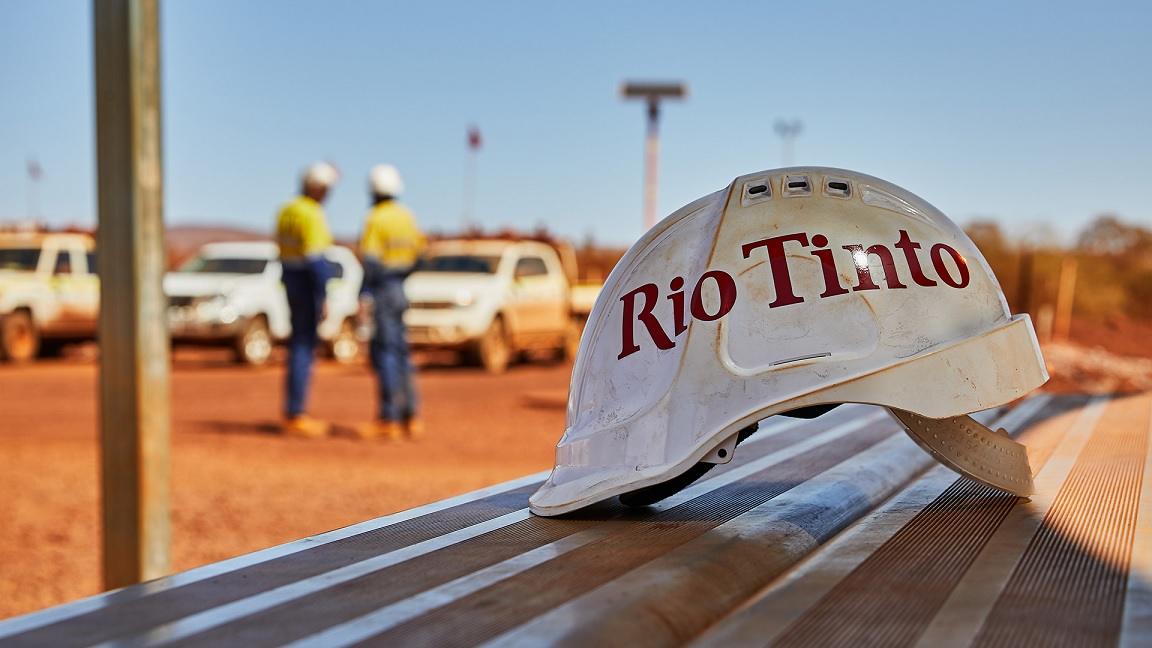SBTi Pushes Back Timeline for New Corporate Net Zero Standard
The Science Based Targets initiative (SBTi), one of the key organizations focused on aligning corporate environmental sustainability action with the global goals of limiting climate change, unveiled its updated plans for the process to develop its new Corporate Net Zero Standard.
The SBTi launched its flagship Corporate Net-Zero Standard in 2021, used to assess and certify companies’ decarbonization commitments to achieve net zero emissions and to act as a blueprint for companies’ science-based climate target setting. The organization announced plans early last year to update the standard, possibly as early as 2025, but the process has been met with significant controversy over potential plans to allow the use of carbon credits to help address Scope 3 emissions in corporate climate targets.
While the organization originally planned to have a draft released for consultation in 2024, with the standard update potentially in 2025, in its update the SBTi said that the consultation on a new draft Standard will begin “no earlier than March 2025,” and will be followed by a second public consultation on an amended version at a later date.
The extended timeline and additional consultation follow a year of significant controversy over the revision of the Corporate Net Zero Standard. In April 2024, the SBTi announced plans to extend the use of environmental attribute certificates (EACs), such as carbon credits, to tackle Scope 3 value chain emissions in the new standard. The announcement was met by a sharp internal backlash, with SBTi staff issuing a letter indicating that they were “deeply concerned” about the EAC plans, and reportedly calling for the resignation of the CEO and board members. Citing personal reasons, former SBTi CEO Luiz Amaral stepped down from his role in July.
The SBTi recently announced the appointment of former UK Committee on Climate Change (CCC) Chief Executive David Kennedy as its new CEO, and has indicated that it may backtrack on its plan for the expanded role of carbon credits in the new standard.
As part of its updated process for the development of the Standard, the SBTi said that it is establishing Expert Working Groups to consult on five key topics, including “addressing ongoing emissions in the transition to net-zero through Beyond Value Chain Mitigation (BVCM) activities, including the scale of action and allowable measures.” BVCM, which could include carbon credits, are defined by the SBTi as “mitigation action or investments that fall outside a company’s value chain, including activities that avoid or reduce GHG emissions, or remove and store GHGs from the atmosphere.”
Additional topics to be addresses by the expert groups include addressing Scope 2 emissions from purchased or acquired electricity, Scope 3 target setting approaches and strategies, Carbon Dioxide Removal (CDR) and neutralization regarding removals targets, and data quality and assurance and substantiation of claims.
Under the updated process, the SBTi will launch a consultation on an initial draft, beginning no earlier than March and lasting at least 60 days, with feedback from the consultation and from the Expert Working Groups to be used to refine the draft, with the subsequent publication for a second public consultation.
To encourage companies to continue to set targets, the SBTi said that it will ensure that there will be ways to make commitments under the revised standard that are consistent with the initial version, and that do not duplicate work for targets under the initial version.
Tracy Wyman, Chief Impact Officer, SBTi said:
“Reaching net-zero is never going to be straightforward. But the guidance to get businesses there should be. The additional consultations announced today will support the development of a revised Corporate Net-Zero Standard that works for businesses and accelerates climate action.”






